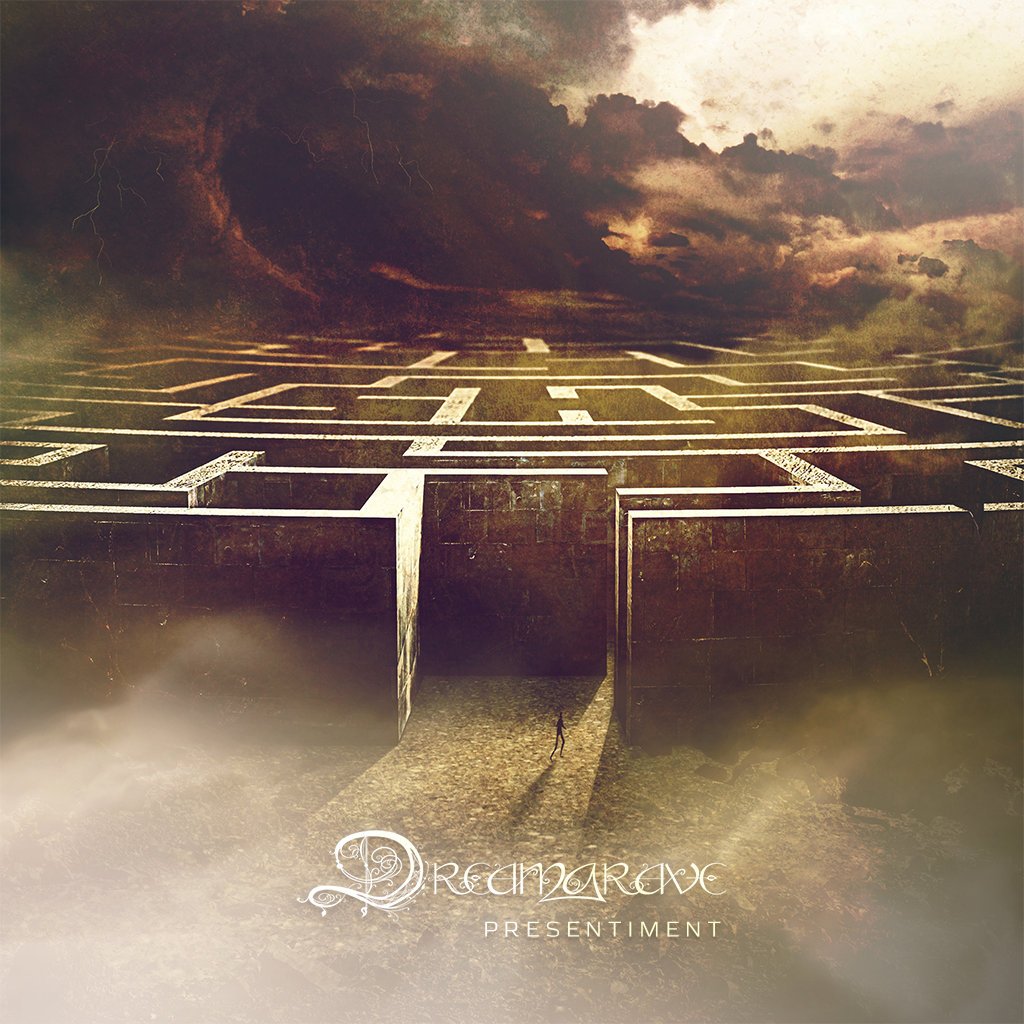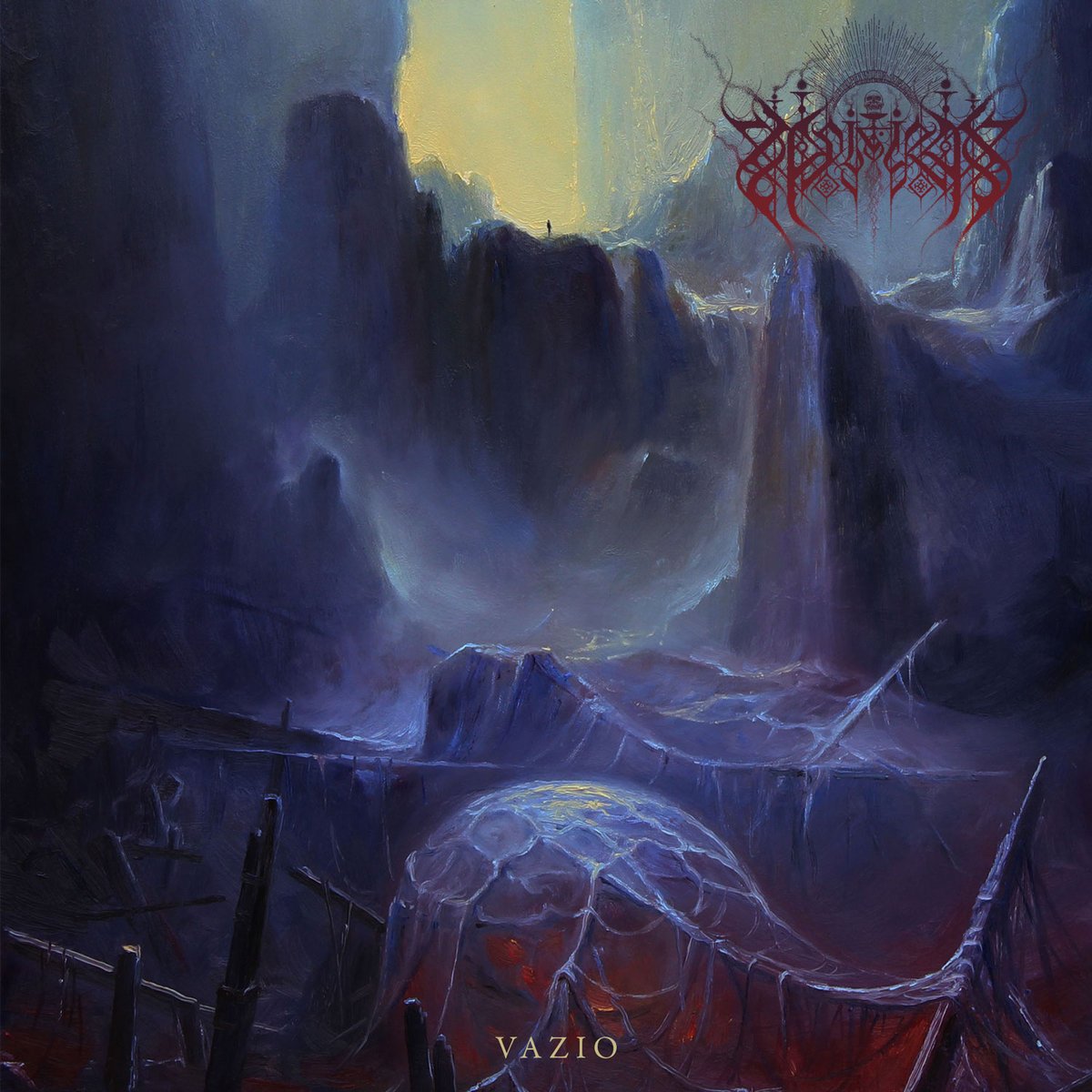On closer inspection, the rest of the album is fairly unremarkable. I’m The Highway is Disconnected in a different key (for the most part) and Delight and Angers a subtle rework of The Mirror’s Truth. Then again, who cares. It’s like episodes of Star Trek: Voyager on a rainy day - it’s not exactly mind food but it sure does feel good. This may have been intentional, according to a contemporary interview with then bassist Peter Iwers:
Jesper [Stromblad, guitars] and Bjorn [Gelotte, guitars], they come up with all the riffs, and then they show it to the rest of us and then we arrange most of it together. Then me and Dan [Svensson, drums] will come up with our own stuff. And Anders does –- when the music’s done, he does all his lyrics and vocal lines on top of that. And then we sit down — this time we did the pre-production in our own studio. And then we listen to the songs, and we may swap around, like the verse could be a chorus, because it’s just so good, we swap around the arrangement. Rather than before when everyone rehearsed and tried different ideas. We record the ideas, listen to it, swap around, and then record it again.
It would seem that In Flames during the Reroute era, instead of crafting songs from beginning to end instead embraced the non-linear digital present: songs are produced rather than written, chopped and changed, refined and polished. This is exactly what they didn’t want to make obvious on Sense, as Anders told Metal Obsession:
We were really trying to get a real animal feeling for it, you record on a digital media, but you want a bass drum to sound like a bass drum, and a snare to sound like a snare. And we worked really hard on the that part, with the individual sounds, wanting everything to feel alive and warm, I definitely hear that when I listen to the album, and I hope others do too.. a nice warm analogue feel to it.
Listening to the album on high-end equipment, he has a point. Compared to previous squeaky-clean noise floor records, Sense sounds a little grittier, less hollow. They stuck with producer Daniel Bergstrand for the third time running, too. He’s one of the crowning architects of the latter-day melodeath sound along with say, Fredrik Nordstrom or Andy Sneap. Bergstrand is also responsible for the sample-based “drumkit from hell” which rears its quantised head from time to time (for sure in the awful EDM remix of Alias.) It isn’t all Oreo-creme filler, though.
The Chosen Pessimist, their eight-minute emotional epic touching on the introspection of say, Katatonia or Daylight Dies but lands somewhere in Pantera territory (Anders does the shirt ripper crescendo thing, again) is such an audacious and indulgent experiment they never ever tried it since. Soilwork comes to mind in balls-to-the-wall thrasher Sober and Irrelevant, and their closer March to The Shore is a fitting coda; huge on gang vocals, riffs fit for circle pits, and solos crafted exclusively for standing at lips of stages as wind machines blow guitarist’s hair back. It’s a truly satisfying end. But for who?
Sputnik Music spake thus:
A Sense of Purpose is a step in the right direction for sure. In Flames managed to pull themselves out of the hole they put themselves into with their last two albums and are ready to progress onward musically.
As much as ye olde schoole love to shit on Reroute to Remain and Soundtrack to Your Escape, (and perhaps Come Clarity) they did still stick to a distinct In Flames identity. An identity muddied by production techniques best suited for disposable pop records and chart-climbers. As rocker and scholar Danko Jones once said, “every band wants to be the best band in the world” and what that means for each band is open to interpretation.
A Sense of Purpose isn’t a genre classic or even a classic for the band; but it is listenable, accessible, and comforting. In Flames by this point had nothing left to prove as Anders said at the time:
We are happy with the album, and really proud of it, like all the other albums, and as long as we keep feeling that, and they work out live, then it makes my day.
According to Lorna Shore’s Will Ramos, it changed his life. If it makes our day once in a while, who are we to judge?









